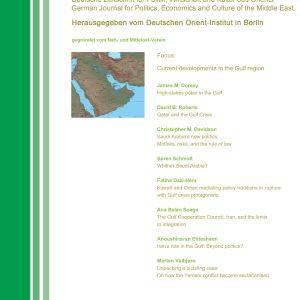Description
Since December 2009, during the Obama administration’s ”surge-then-exit” policy in Afghanistan, China’s anxiety over harmful spillover in Central Asia and Xinjiang has increased. As a result, the fall of Kabul in August 2021 prompted Beijing to enter crisis-management mode. China’s pragmatic position in dealing with the Taliban, compared to its previous refusal to engage with the Islamic Emirate in 1996, reflects Beijing’s concerns over the rise of Islamist terrorism, a new wave of refugees and increased narcotics trafficking. At the same time, the different tone in messages from Beijing and Moscow amounts to a good cop, bad cop division of labour between the two powers. It reflects more than a basic vision of Russia shouldering the burden of security for its near abroad while China focuses on economic development in Central Asia. The division between China and Russia is multi-layered and less clear-cut than meets the eye. Despite counting on Russian military prowess and ability to respond quickly, China has built its first military post in the region in a remote corner of the Tajik-Afghan border. China’s functional relations with the Taliban are bent on constructive engagement with the new government, to the extent of opening a pathway for them into the international system in order to avert a looming humanitarian crisis.
Alessandro Arduino is the principal research fellow at the Middle East Institute (MEI), National University of Singapore. He is the co-director of the Security & Crisis Management International Centre at the Shanghai Academy of Social Science (SASS) and an associate at Lau China Institute, King’s College London. His two decades of experience in China encompasses security analysis and crisis management. His main research interests include China, Central Asia and Middle East and North Africa relations, sovereign wealth funds, private military/security companies and China’s security and foreign policy. Alessandro is the author of several books and has published papers and commentaries in various journals in Italian, English and Chinese. His most recent book is China’s Private Army: Protecting the New Silk Road (Palgrave, 2018).




Reviews
There are no reviews yet.